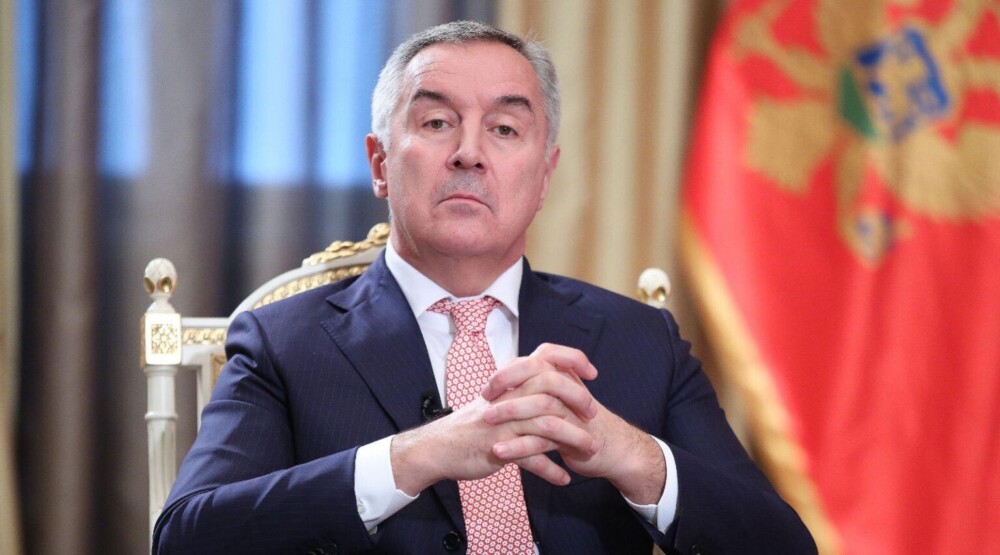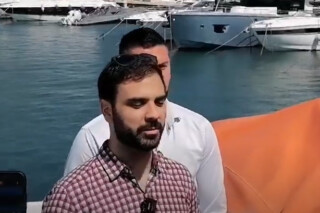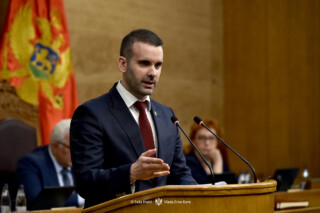After two Turkish media – Firtina Haber and Turkiye’de Enerji published information, referring to several diplomatic sources, that nine NATO members are lobbying for former Montenegrin President Milo Djukanovic to be Deputy Secretary General of the Alliance, yesterday the Romanian newspaper Gazeta de Maramures confirmed that there was a larger lobbying action, writes Pobjeda.
Checking Turkish portals’ claims that nine NATO members are working intensively on electing Djukanovic as Deputy Secretary General, the Romanian newspaper Gazeta de Maramures reported that it had access to a draft recommendation for Djukanovic’s candidacy circulating among NATO members, although it could not get confirmation that Romania was also among the nine member states behind the candidacy.
The text analyzes that “a lot of political attention in the Balkans was attracted by the Turkish media writing that one of the candidates for a high position in NATO is former Montenegrin president Milo Djukanovic (62)”, noting that it is very interesting for Romania how this process is going.
It is also noted that the Turkish portal Firtina Haber referred to unnamed high diplomatic sources, when they presented the information that nine NATO members, including Turkey, were involved in the preparation of the candidacy of Djukanovic for Deputy Secretary General of NATO, who, as written in that Turkish newspaper, “succeeded Mircea Geoană, whose five-year term expires on 1 October, together with Secretary General Jens Stoltenberg”.
According to the assessment of Gazette de Maramures, Romanian diplomacy is much more interested in the candidacy of President Klaus Iohannis for NATO Secretary General. Although the former Dutch Prime Minister Mark Rutte had a huge advantage for the election, the candidacy of President Johannis was the only one from the Eastern European part of NATO.
Regardless of the fact that Montenegro is one of the youngest members of NATO, it is estimated that the election of its long-term leader to a high position in the Alliance would be a continuation of the good and important practice of leaders from Eastern Europe participating in decision-making from the “first order”.




